Siemens chats to Scott Bentley, Caffeine magazine founder and creative director and co-host of podcast ‘Adventures in coffee’, about the highs (and lows) of coffee and where the next caffeine fix is coming from.
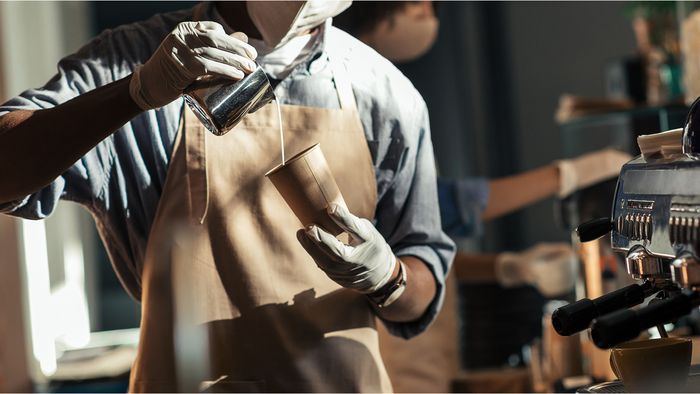
How did COVID-19 change coffee consumption, and has it changed for good?
Many people bought coffee machines during the pandemic because they needed good coffee more than ever. They could also buy coffee online: as cafés shut down, roasteries rushed to get their ecommerce platforms up and running. Until then, they had been very complacent about that.
Post COVID, the move towards hybrid working will benefit both roasteries and cafés. People will continue buying directly from their favourite roasteries, and on the days they’re working from home, they can enjoy a quality cup of coffee. However, there’s nothing like a coffee made by a skilled barista, so on the days people are in the office, they’re likely to return to their favourite coffee shops.
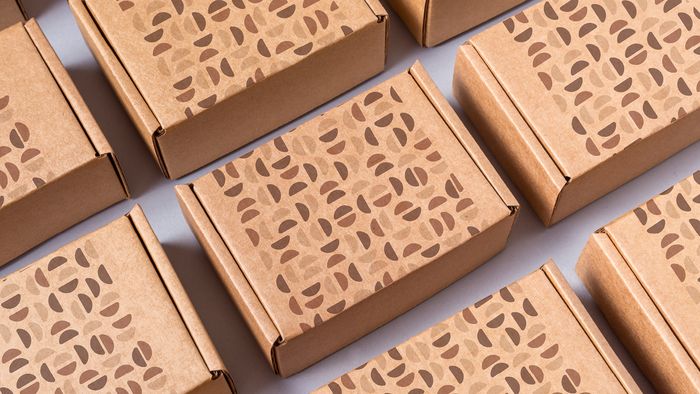
We’ve seen a rise in coffee subscription services. Do you see this continuing?
Coffee subscriptions work in two ways. You can either have coffee sent to you from one roastery or by the subscription curator, who’ll source coffee from a range of roasteries.
Either way, to be honest, I don’t see the coffee subscription market growing any bigger. This is bad news for someone trying to launch a coffee subscription service now, but it’s a flooded market which is probably, if anything, declining.
The big players will be the ones that win – the likes of Pact and Dog & Hat. These companies are well established and have been successfully offering coffee subscriptions for years.
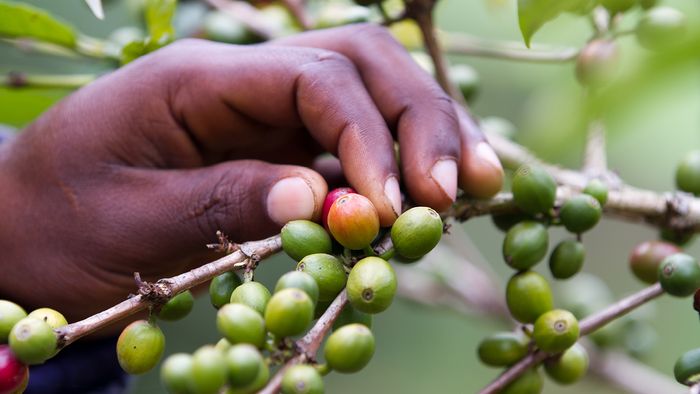
Do people care about where their coffee comes from?
Realistically, there will always be a place for instant on-the-go coffee and there will always be cafés serving basic coffee for people who just need a hit to get going. Fortunately, there’s also a growing understanding among consumers that coffee is an agricultural, seasonal and potentially high-priced product. Increasingly, people are demonstrating that they care about where their food and drink comes from. The question that remains to be answered is whether they’re prepared to pay more for coffee that’s kinder to its producers and the planet.
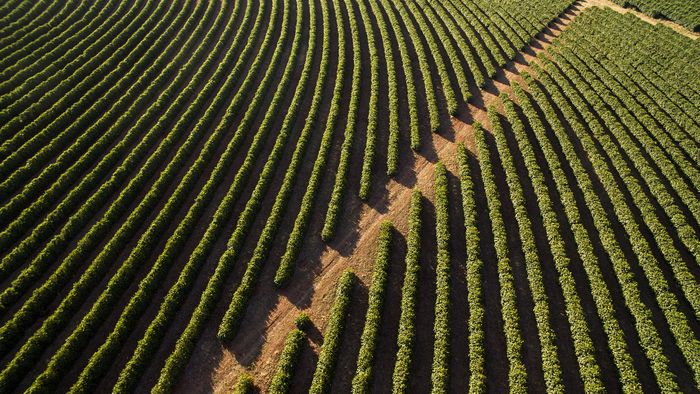
What are the current trends in coffee?
If you’re talking about macro trends, there’s a move towards lighter roasts and better traceability with a focus on sustainability. Unfortunately, with this comes a lot more greenwashing (when a company brands something as eco-friendly, green or sustainable when it isn’t). My advice is be wary of coffee companies that make vague eco claims. It’s likely they won’t be able to substantiate what they’re saying.
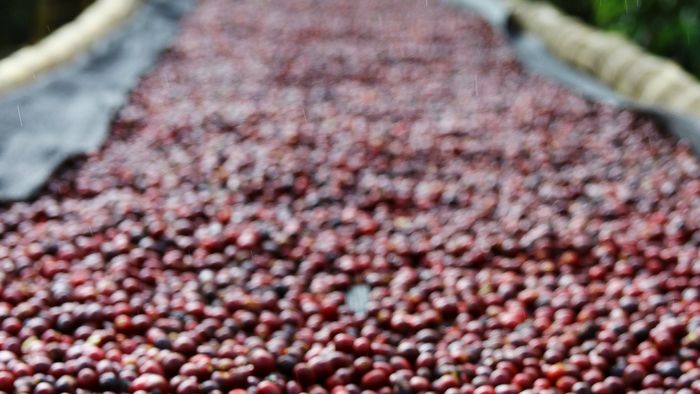
And the big trends?
Without doubt, the biggest trend in coffee is in its processing. At their most basic level, coffee beans are seeds that grow inside a coffee cherry; there are many, many things that can be done to affect the flavour of these seeds and ultimately the flavour of the coffee.
For example, the cherries can be dried in the sun on raised patio beds. The flavour of the fruit seeps into the seeds and creates a really distinctive flavour. Alternatively, the seeds can be tipped into tanks together with fruits such as strawberries or mango. Once again, the flavour of the fruits seep into the seeds and affects the flavour.
These processes – and many more – are the cutting edge of coffee right now. I highly recommend you check out Hundred House, which has a range called Freak & Unique: ‘off-the-wall’ coffees produced using unusual processing methods.
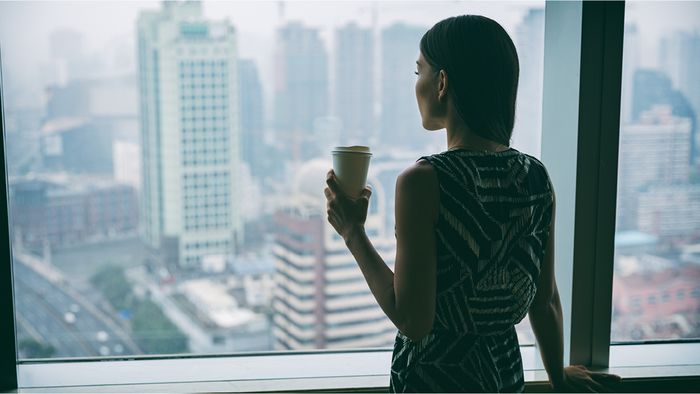
I’ve read a lot about the trend for coffees that are good for your health. Where do you stand on this?
Multiple studies have shown that good-quality coffee has many proven health benefits, including reduced risks of dementia, strokes and type 2 diabetes. Unfortunately, there is still a prevailing notion that coffee is not good for you and some companies continue to prey on this and create weird fads.
The problem with these fads is that they paint a worst case scenario and then hold themselves up as the solution. This has happened many times in the past; as far back as William Post who was the king of negative advertising. He created a coffee substitute and then perpetuated the myth that coffee was bad for you to sell his substitute.

What’s the most important takeaway message about coffee drinking in 2022?
Be prepared to pay for good coffee, just as you would a quality wine. Many people still have this idea that coffee’s just coffee. They want a taste sensation – something a bit different – but they don’t want to pay for it. But it’s ridiculous to expect a producer essentially to put their crop on the line to create something cutting edge and for us not to pay for. At the moment, coffee is still too cheap and this needs to be urgently addressed.
Siemens has a wide range of bean to cup coffee machines to make the perfect coffee.
Discover more here


